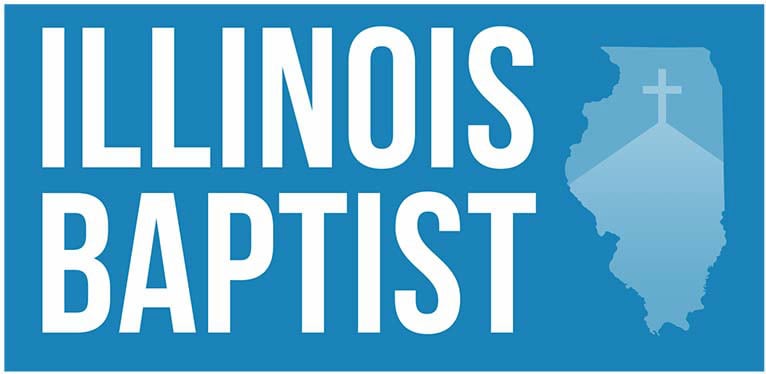Christian leaders are concerned about the loss of religious freedom, expansion of federal abortion funding, diminished protection for women, and the impact on hiring practices by Christian organizations under HR5, the Equality Act, passed by the U.S. House of Representatives Feb. 25. The vote was 224-206, almost totally along party lines. The bill goes to the Senate next, but its approval there seems less certain. Passage in the Senate would require a super majority of 60 votes to break a filibuster and bring it for a vote.
“As it did in 2019, the U.S. Senate can stop passage of this sweeping, culture-changing legislation,” said Nate Adams, executive director of the Illinois Baptist State Association. “Our state’s representatives in Washington should know that not all Illinoisans support the Equality Act. In fact, many are strenuously opposed to it as an assault on religious freedom.”
If the controversial legislation were to become law, it would eliminate the legal distinctions between males and females, amend the Civil Rights Act of 1964 to include LGBTQ peoples, and take away religious liberty protections provided by the 1993 Religious Freedom Restoration Act (RFRA), summarized its opponents.
“This legislation may, on the surface, appear to be aimed at the protection of rights, but only for certain groups of people,” Adams said. “The Equality Act also potentially threatens the religious freedoms of Christians, churches, and other organizations that seek to practice biblical convictions, including institutions of higher learning.”
Southern Seminary President Al Mohler warned the Act contains “no truly meaningful religious liberty exemptions or protections.” While President Joe Biden and other supporters of the Equality Act have urged its passage as a matter of “dignity and respect,” the legislation provides none for conservative Christians and Orthodox Jews.
Instead, Mohler said, the bill fails to provide for the “millions and millions of Americans who believe in a revealed morality and can’t define marriage as anything other than a man and a woman, and have the constitutional right to organize our churches, synagogues, mosques, and ministries in just that way.”
“The way that they’ve written it doesn’t rule out the possibility that a religious school or even a church in some of its functions might be deemed to be a place of public accommodation,” Alliance Defending Freedom (ADF) Senior Counsel Gregory Baylor told The Christian Post. Should an organization refuse to provide unisex restrooms for transgender persons, for example, “the organization could lose its tax-exempt status and face excessive punitive damages and other retaliatory measures.” (ADF is a ministry partner of IBSA.)
More resources online:
Al Mohler’s podcast, The Briefing
The Explainer by the SBC’s Ethics and Religious Liberty Commission

